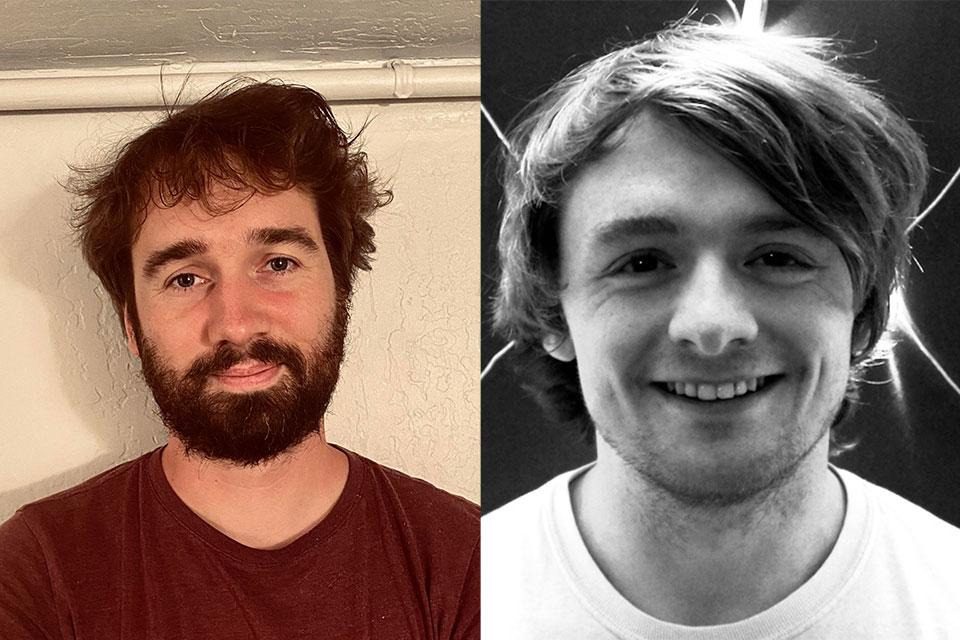The Department of Physics is delighted to welcome two Royal Society University Research Fellows: Dr Nick Bultinck and Dr James Matthews.
Quantum phases of matter
The focus of Dr Bultinck’s research is strongly interacting electrons in synthetic superlattices. As a theoretical condensed matter theorist, he has a general interest in quantum phases of matter. ‘I want to understand how interactions between the microscopic constituents determine the macroscopic properties of the system,’ comments Dr Bultinck. ‘In recent years, I have been working on topological phases of matter, and two-dimensional superlattice systems such as twisted bilayer graphene. In my research I use a variety of different theoretical and numerical techniques, such as for example tensor network states, self-consistent Hartree-Fock and effective field theory descriptions.’
Extreme cosmic accelerators
Dr Matthews was awarded the fellowship to pursue his research into ‘extreme cosmic accelerators’, with a focus on high-energy particles and feedback from black hole jets and winds. ‘My research is at the intersection of theory and observation,’ comments Dr Matthews. ‘My interests are fairly broad, but fundamentally I am interested in the extreme and exotic physics that can be probed using accreting black holes and the outflows they produce. In particular, my work mostly focuses on the origins of the highest energy cosmic rays, the physics of particle acceleration and the hydrodynamics and radiative processes associated with astrophysical jets and outflows. I look forward to working closely with Oxford astrophysicists on these topics.’
The Royal Society’s University Research Fellowship scheme was established to identify outstanding early career scientists who have the potential to become leaders in their fields and provide them with the opportunity to build an independent research career. After completion, many alumni secure tenured positions, and receive national or international recognition for their work.

